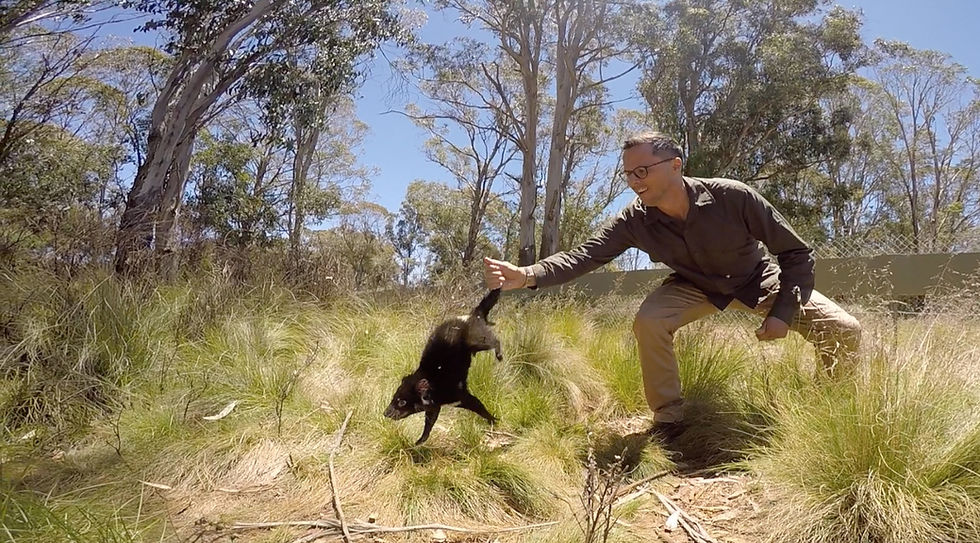From Biodiversity Whisper to Chorus
- Gregory Andrews

- Aug 28, 2025
- 2 min read
Updated: Aug 29, 2025
Lord Howe Island update
When I first met the Lord Howe Island Woodhen back in 2015, the island was wrestling with a hard decision. The community had already shown real backbone - goats, pigs and cats were all gone. And the World Heritage forest and seabirds were breathing easier, but invasive rodents remained the unmovable problem. In the end, the Islanders backed nature - like they always have. The rodent eradication went ahead with aerial and ground baiting. Years of careful monitoring later, Lord Howe is rodent-free.
The difference is audible. Woodhens used to be a whisper in the understorey. Today they’re a chorus, fossicking through the forest floors, trotting across lawns like little marshals of the place, calling from palm groves and banyan courts. Their numbers have leapt from a few hundred before the project to over two thousand today, and they’re still rising. More than thirty other native species - plants, insects and birds - are all rebounding alongside them. Remove an invasive stressor and life rushes in to fill the space. It’s possible on islands thanks to their isolation.
It took me four days to get here due to bad weather and a few Qantas hiccups. But I made it back to the island this week with Lyrebird Dreaming, volunteering and learning alongside locals and the Friends of Lord Howe Island. Yesterday we removed weeds and over-abundant vines to assist the forest recover from climate impacts. And today we’re weeding out invasive plant species on the beach. A special shout-out to Ian Hutton, whose quiet and persistent leadership and deep knowledge anchor so much of the work here.
Watch this space for more field notes. Hope sounds like a woodhen calling!





❤️❤️❤️
Wonderful work is happening there on the island, showing the difference that can be made with positive action for conservation of species. As a wildlife volunteer, I value the ongoing efforts made by community members, all over the country, to save species. The most significant threat to native species is land clearing, resulting in loss of habitat and food resources. And, for various reasons, the survival rate of relocated wildlife is low. Unless all levels of government step up to stop approving habitat clearing, Australia's terrible record of species extinction will continue.